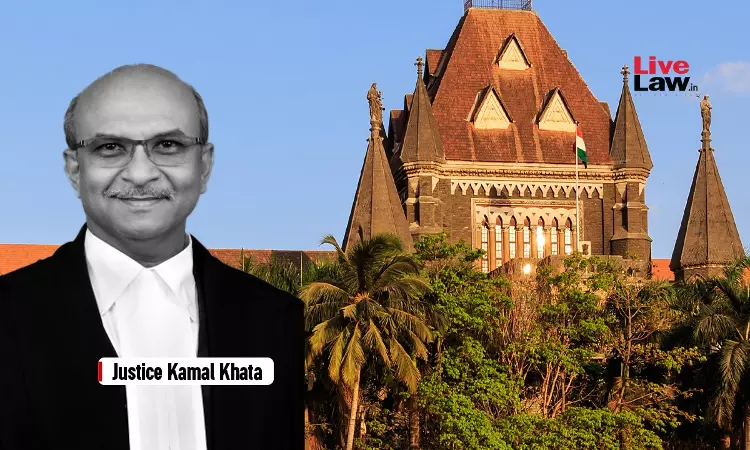'Mere Awareness Of Contract Or Likelihood Of Receiving Incidental Benefits Not Sufficient To Establish Privity': Bombay High Court
Saksham Vaishya
4 Oct 2025 6:25 PM IST

The Bombay High Court has held that mere knowledge of a contract or incidental benefits flowing from it cannot create privity of contract or confer enforceable rights against third parties. The Court ruled that in the absence of a direct contractual relationship, no cause of action arises.
Justice Kamal Khata was hearing an interim application filed by Amey Realty & Construction LLP (Defendant No. 9), seeking rejection of a plaint filed by Shree Construction Company (plaintiff). The plaintiff had challenged two Deeds of Surrender executed in 2006 between Bagwe Housing Pvt. Ltd. (Defendant No. 1) and the landowners (Defendant Nos. 2 to 8), as well as a subsequent conveyance deed in favour of Amey Realty, claiming that these transactions adversely affected its rights under earlier development and construction agreements executed with Defendant No. 1.
The plaintiff contended that since it had acted under powers of attorney and construction contracts, and since Defendants Nos. 2 to 8 had been aware of and benefitted from its work, they were bound by the obligations of Defendant No. 1. The plaintiff argued that its rights extended against all subsequent transferees, including Defendant No. 9.
The Court, however, rejected this contention, holding that the Plaintiff has not established any privity of contract with Defendant Nos. 2 to 8 or with Defendant No. 9. It observed that mere awareness of the plaintiff's role or incidental benefits accruing to Defendant Nos. 2 to 8 did not establish privity of contract.
“Mere 'awareness' cannot create privity.4 Since no agreement recognised in law exists between the Plaintiff and Defendant Nos. 2 to 8, much less Defendant No. 9, no enforceable right arises against them,” the Court observed.
The Court held that the suit was ex facie barred by limitation under Article 58 of the Limitation Act, as the plaintiff had been aware of the Deeds of Surrender by December 2009, but filed the suit only in August 2016, well beyond the three-year limitation period.
The Court also rejected the contention that Defendant No. 1's obligation to obtain a Commencement certificate for Segment III deferred the limitation period. It observed:
“… mere awareness or receiving incidental benefits arising from Defendant No. 1's actions cannot confer upon the Plaintiff any enforceable right against Defendant Nos. 2 to 9.”
The Court held that the execution of a Power of Attorney in favour of the Plaintiff by Defendant No.1 does not confer any right to sue Defendant Nos. 2 to 9.
Accordingly, the Court allowed the application under Order VII Rule 11, quashing the suit against Defendant Nos. 2 to 9 for want of cause of action.
Case Title: Shree Construction Company v. Bagwe Housing Pvt. Ltd. & Ors. [Suit No. 1033 of 2016 with IA No. 3262 of 2024]


